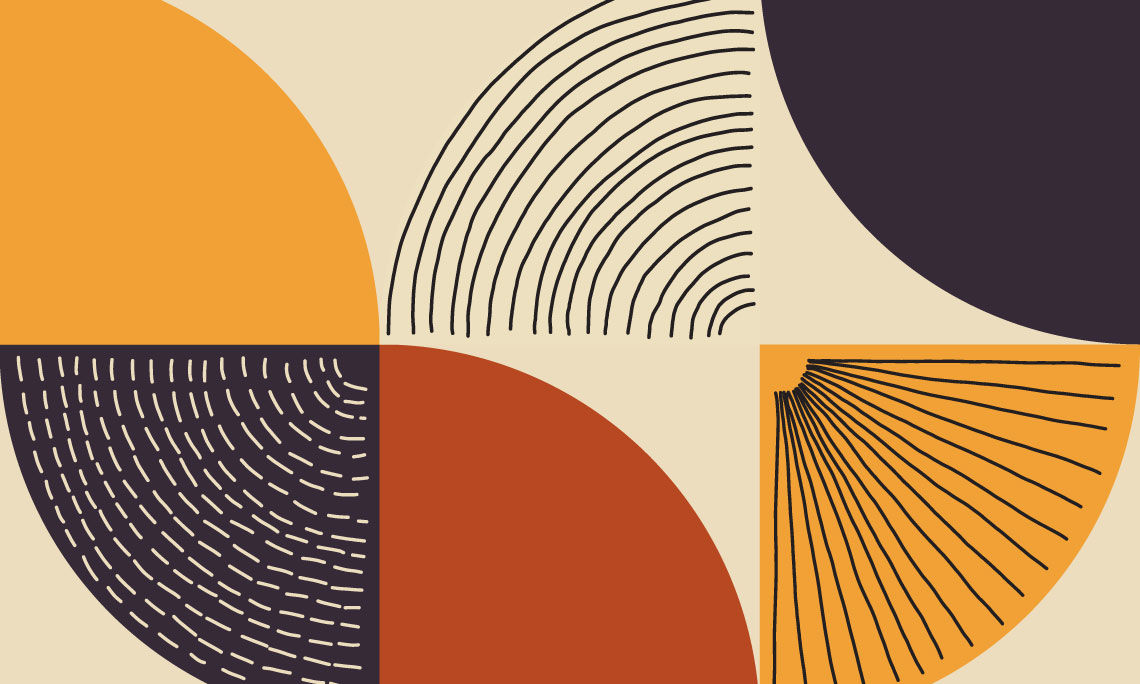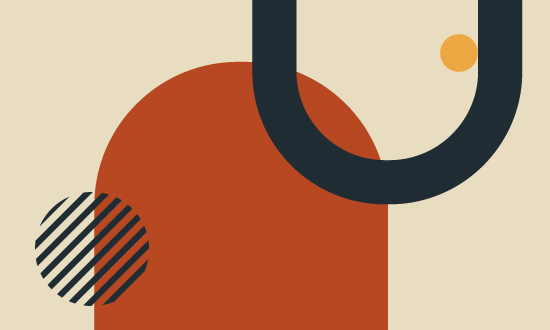
Eating disorders are characterized by a distorted view of one's body shape, strict weight control, and a disturbed relationship with food, which leads to the formation of harmful eating habits and malnutrition. In addition, people with eating disorders often measure their value through their body image, and they are characterized by such internal attitudes as "I will be happy when I lose weight", "I am valuable because I know how to control the amount of food I eat", "I am beautiful because I have received compliments for my changed body shape", etc. The most common eating disorders are anorexia nervosa, bulimia nervosa, and binge eating. Although eating disorders can affect people of any age, gender, or social status, adolescents and young women are the most vulnerable group. The risk of eating disorders is increased by various factors: genetics, high stress, other mental illnesses (depression, generalized anxiety disorder, or obsessive-compulsive disorder), and painful early childhood experiences. Also personality traits and tendencies (inferiority complex, perfectionism, neuroticism, morbid comparison of oneself with others), social norms (cult of a thin body), crises in interpersonal relationships. These disorders are extremely dangerous not only for emotional or mental, but also for physical human health - with the disease (and if it is not treated), death can occur in the acute form of eating disorders. Treatment of eating disorders is a long process that requires considerable patience, which is why it is important to seek help as early as possible. Usually, a person suffering from one of the disorders is treated with psychotherapy, given consultations with a dietician, during which new eating habits are learned, a different attitude towards oneself, one's body, and weight are encouraged. Sometimes, consultations with a psychiatrist are also needed, and medication is prescribed. The most important thing is not to be alone with what is difficult, depressing, to talk out loud about problems, to want to get better, to get stronger.


